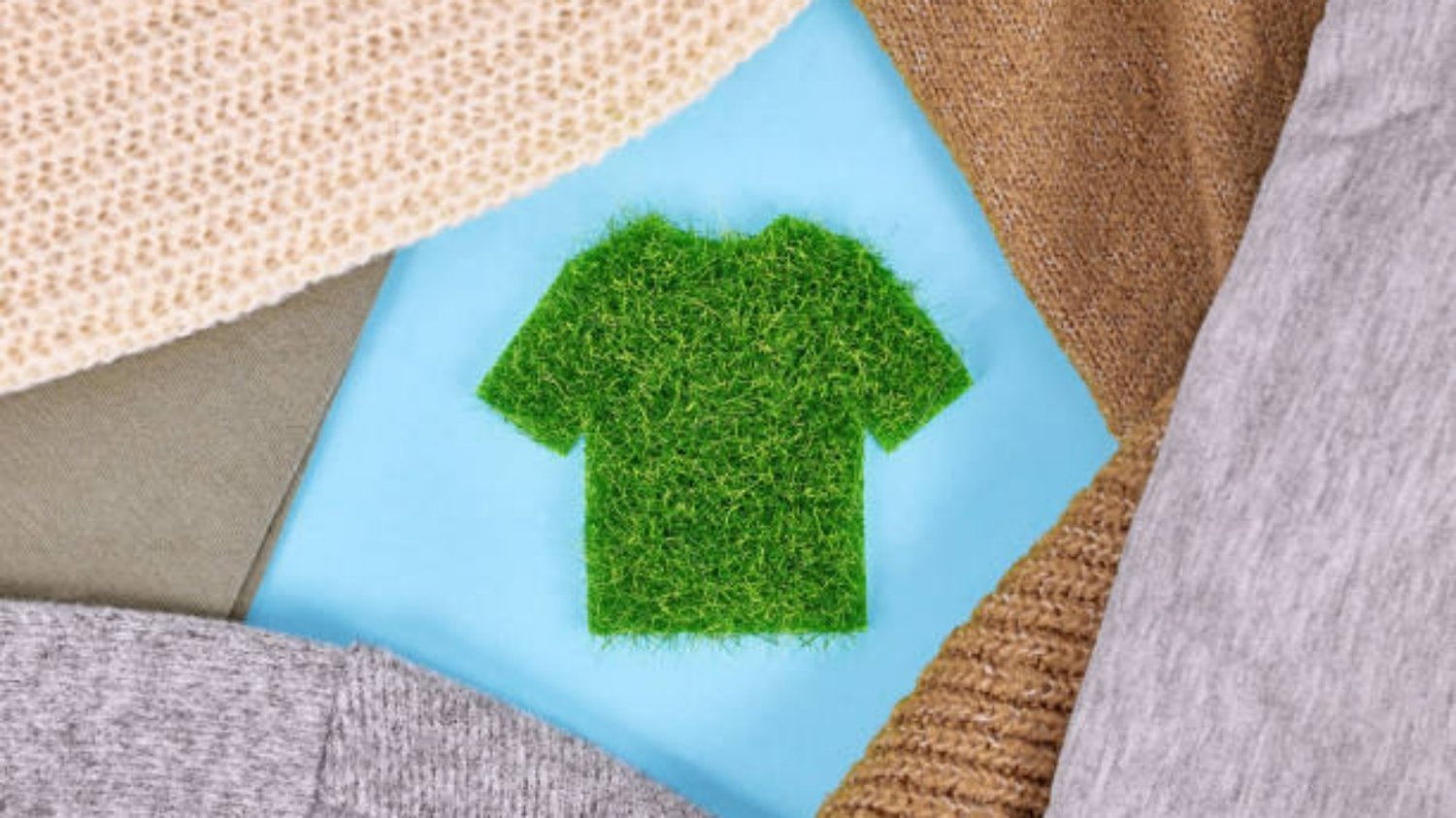Introduction
When it comes to fashion, more and more people are seeking eco-friendly options that align with their values of sustainability and environmental responsibility. One crucial aspect of eco-friendly fashion is the choice of materials. In this article, we will explore the best eco-friendly clothing materials available today, highlighting their unique qualities and benefits. Whether you are a conscious consumer or a fashion enthusiast, this guide will help you make informed choices that are both stylish and sustainable.
1. Organic Cotton
Organic cotton is one of the most popular and widely available eco-friendly materials in the fashion industry. Unlike conventional cotton, organic cotton is grown without the use of harmful pesticides, herbicides, and genetically modified organisms (GMOs). It is cultivated using methods and materials that have a lower impact on the environment, making it a sustainable choice. Organic cotton is not only soft and breathable but also biodegradable, ensuring that it doesn't contribute to landfill waste.
2. Hemp
Hemp is a versatile and eco-friendly material that has been used for clothing for centuries. It is a highly sustainable crop that requires minimal water, pesticides, and fertilizers to grow. Hemp fibers are strong, durable, and resistant to mold and UV rays. Additionally, hemp fabric is breathable, hypoallergenic, and biodegradable. Clothing made from hemp is not only environmentally friendly but also offers excellent comfort and longevity.
3. Bamboo
Bamboo is another popular eco-friendly material known for its sustainability and versatility. It is a fast-growing grass that requires no fertilizers or pesticides to thrive. Bamboo fabric is naturally breathable, moisture-wicking, and hypoallergenic, making it an excellent choice for those with sensitive skin. Moreover, bamboo clothing has natural anti-bacterial properties, keeping odors at bay. As a renewable resource, bamboo offers a sustainable alternative to traditional textiles.
4. Tencel (Lyocell)
Tencel, also known as Lyocell, is a type of fabric made from the cellulose found in wood pulp, usually sourced from sustainably managed forests. The production process of Tencel is highly eco-friendly, using a closed-loop system that recycles and reuses the solvents used. Tencel fabric is soft, breathable, and has moisture-wicking properties. It is also biodegradable and resistant to wrinkles. Tencel is an excellent choice for those looking for eco-friendly alternatives to synthetic fibers.
5. Recycled Polyester
Recycled polyester is a sustainable alternative to traditional polyester, which is derived from petroleum. It is made by melting down existing plastic bottles or other polyester waste, then spinning them into new fibers. Using recycled polyester helps reduce the demand for new petroleum-based polyester production, thereby lowering the carbon footprint. Recycled polyester has similar properties to its conventional counterpart, offering durability and wrinkle resistance.
6. Organic Linen
Organic linen is a natural fiber made from the flax plant. It is grown without the use of synthetic fertilizers, pesticides, or GMOs. Linen is highly sustainable as it requires less water and energy to produce compared to other fabrics. It is breathable, moisture-wicking, and has antibacterial properties. Linen clothing is known for its durability and classic, timeless style. When cared for properly, organic linen garments can last for many years.
7. Soy Fiber
Soy fiber is a relatively new and innovative eco-friendly clothing material. It is made from the byproduct of soybean oil production. Soy fabric is soft, lightweight, and has excellent moisture absorption properties. It is also resistant to wrinkles and has a natural stretch. Soy fiber is biodegradable and renewable, making it a sustainable choice for eco-conscious consumers.
8. Organic Wool
Organic wool is sourced from sheep raised on organic pastures, where they are treated humanely and not exposed to harmful chemicals. Organic wool is free from synthetic pesticides, insecticides, and genetically modified organisms. It is a natural, renewable, and biodegradable material that offers excellent insulation and breathability. Organic wool clothing is not only cozy and warm but also resilient and long-lasting.
9. Cork Fabric
Cork fabric is a unique and eco-friendly material made from the bark of cork oak trees. The bark is harvested without harming the tree, which continues to grow and regenerate. Cork fabric is lightweight, water-resistant, and hypoallergenic. It is often used as a leather substitute in accessories and footwear. Cork is a renewable resource, and its use in clothing contributes to the preservation of forests.
10. Organic Silk
Organic silk is produced from silk worms that are fed only organic mulberry leaves. It is free from harmful chemicals and pesticides used in conventional silk production. Organic silk is known for its luxurious feel and natural sheen. It is breathable, hypoallergenic, and biodegradable. Organic silk clothing is a sustainable choice that combines elegance with environmental consciousness.

